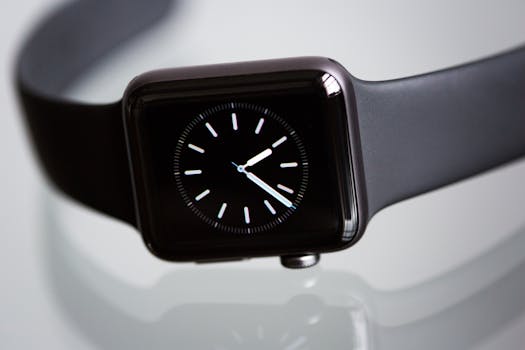
Optimal Vitamin D Dosing: A Critical Health Factor for Black Veterans
Optimal Dosing of Vitamin D: A Vital Necessity for Black Veterans
Optimal Dosing of Vitamin D: A Vital Necessity for Black Veterans
The Importance of Vitamin D: The Sunshine Vitamin
Vitamin D, often referred to as the 'sunshine vitamin,' plays a vital role in our bodies. It's well-documented for its numerous health benefits, including supporting bone health and bolstering the immune system. However, the importance of optimal dosing of Vitamin D, particularly for Black veterans, can't be overstated.
The Risks of Vitamin D Deficiency in Black Veterans
Veterans, especially those of African-American descent, are at an increased risk of Vitamin D deficiency. This is due to a combination of factors. Darker skin pigmentation reduces the skin's ability to produce Vitamin D from sunlight. Lifestyle factors, such as reduced outdoor activity and a diet lacking in Vitamin D-rich foods, further exacerbate this issue.
Vitamin D deficiency isn't a minor health concern. It can lead to severe health complications like osteoporosis, cardiovascular diseases, and even certain types of cancer. For our brave veterans who have already endured so much, this is an added burden they don't need.
Determining Optimal Dosage of Vitamin D for Black Veterans
How can we ensure that our Black veterans receive the optimal dosage of Vitamin D they need? The answer isn't one-size-fits-all. The optimal dosage of Vitamin D varies based on factors like age, weight, and overall health condition. However, a general rule of thumb, according to the Institute of Medicine, is an intake of 600 to 800 International Units (IUs) per day.
Here's the kicker: for individuals with darker skin or those at high risk of deficiency, like our Black veterans, this dosage might need to be higher. Some studies suggest an intake of 1000 to 2000 IUs per day or even more, depending on the individual's Vitamin D levels.
Natural Sources vs. Supplements: Ensuring Optimal Vitamin D Intake
Diet and sunlight are two natural sources of Vitamin D. Foods like fatty fish, cheese, egg yolks, and fortified foods like milk and cereals are rich in Vitamin D. However, it's challenging to get enough Vitamin D from diet alone. Sunlight, while an excellent source of Vitamin D, can be unreliable due to factors like skin pigmentation, geographical location, and time of the year.
This is where Vitamin D supplements come into play. They are an effective way to ensure optimal dosing. Vitamin D supplements are available in two forms: Vitamin D2 and Vitamin D3. While both can help raise Vitamin D levels, D3 is more effective at doing so.
However, it's crucial to remember that more isn't always better. Overdosing on Vitamin D can lead to Vitamin D toxicity, causing symptoms like nausea, vomiting, and kidney problems. Therefore, it's essential to consult a healthcare provider before starting any supplement regimen.
The Importance of Regular Testing for Optimal Vitamin D Levels
Regular testing is another key aspect of ensuring optimal Vitamin D levels. It's the only surefire way to know if you're getting enough Vitamin D. The 25-hydroxy Vitamin D blood test is the most accurate way to measure Vitamin D levels.
Conclusion: Prioritizing the Health of Black Veterans
Optimal dosing of Vitamin D is a critical aspect of the overall health and well-being of Black veterans. It requires a balanced approach of diet, sunlight, supplements, and regular testing. Our veterans have served our country with honor and bravery. It's our turn to serve them, and ensuring they get the optimal dosage of Vitamin D is a significant step in that direction. Let's spread the word and make sure our veterans are not just surviving, but thriving.
